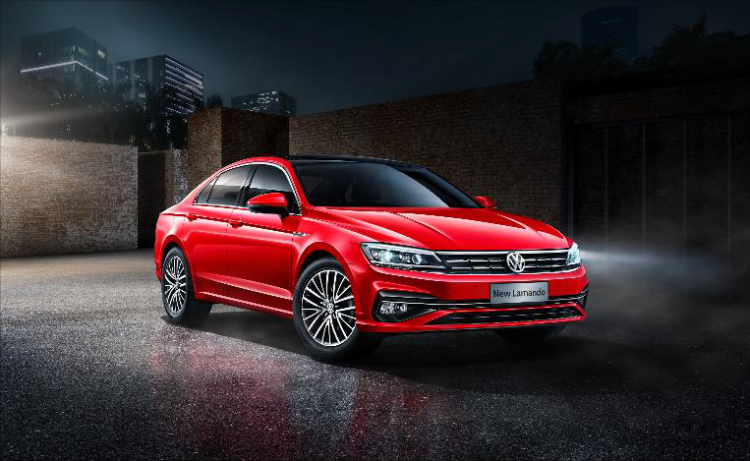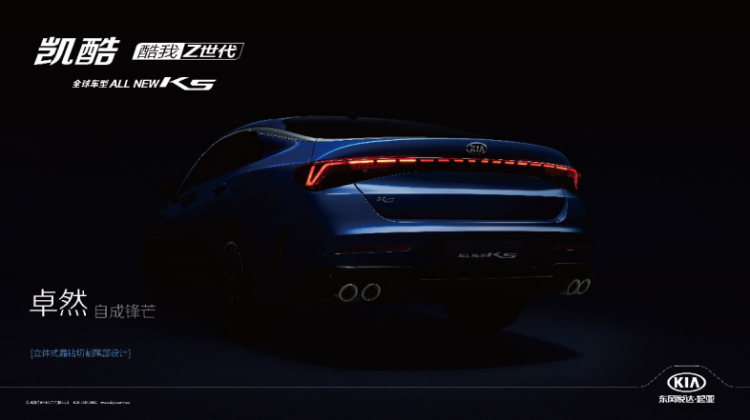The BMW Group is embracing the transformation of the automotive industry with full confidence, and has always been customer-centric, investing a lot of money in research and development to guide and shape the future travel experience.
Mr. Zipse, Chairman of the BMW Group, said: “New technologies are the key to future mobility. By 2025, we plan to continue to invest more than 30 billion euros in research and development to consolidate our position as an innovation leader. At the same time, this also demonstrates our Confidence in future business development. Innovation integration and system integration capabilities will become critical. Only companies that can develop and integrate both software and hardware can shape the future of the car. Clearly, we are already on the fast track.”
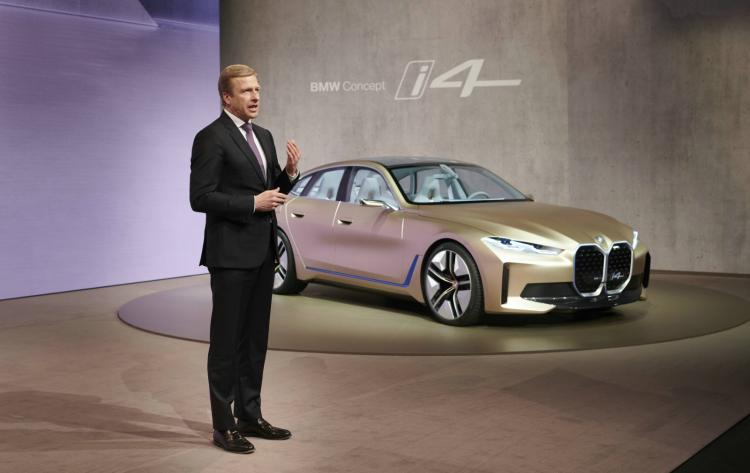
Continue to invest in innovation to guide the accelerated transformation of the automotive industry
The BMW Group made strategic decisions ahead of time when the future of mobility first emerged. It is these decisions that give the Group an absolute advantage when the entire industry is facing tremendous changes today. “We have taken decisive steps at the right time in each of our strategic areas. Now, too, we will continue to use our competitive advantage to lead the industry,” added Mr. Zipse.
The BMW Group has already started to meet the new carbon emission standards at an early stage, which is also an important part of the systematic decision to achieve comprehensive electrification. At the same time, over the past eight years, BMW has trained more than 46,000 employees, or one-third of the group’s total workforce, in the field of electromobility. With regard to the increasingly important software competence, the BMW Group established a joint IT-focused organization (Critical Techworks) in 2018 to ensure relevant expertise and skills in this area. In Germany, the BMW Group is also one of the largest IT employers, with more than 5,300 employees trained in the field of data analytics. In terms of raw materials for electric vehicles, the BMW Group has also been fully guaranteed through strategic layout. At the beginning of this year, the BMW Group has directly purchased the required cobalt and lithium and provided them to relevant battery cell production suppliers.
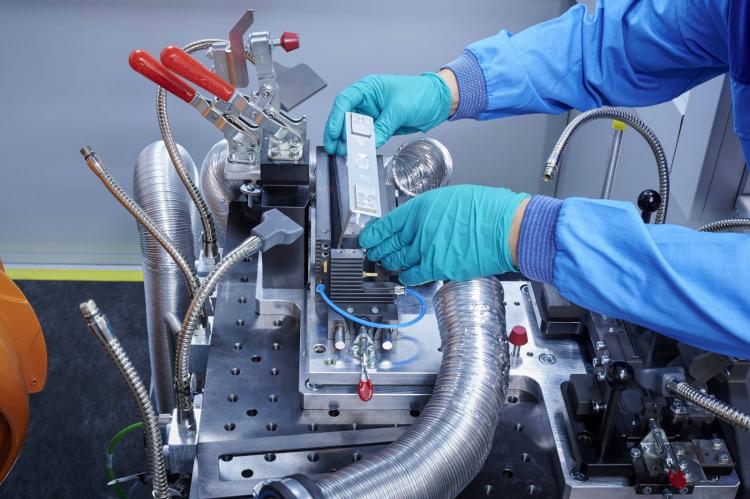
At the same time, the BMW Group firmly believes in the importance of focusing on customer needs and will continue to invest in innovation to meet these needs. The Group will continue to actively explore various innovative fields of future travel and continuously increase investment.
Reduce costs and increase efficiency, enhance the resilience of enterprise development: promote steady development with efficiency
In order to make up for the high initial investment in the deployment of future technologies, the BMW Group continued to implement the Performance>NEXT plan launched in 2017 to continuously improve operational efficiency.
Dr. Peter, BMW AG board member responsible for corporate finance, said: “Upfront expenditures for future technologies such as e-mobility require financial support. We therefore continue to firmly address internal issues, with a clear focus on business performance and efficiency. By optimizing our core business, we are improving our financial performance across the board. Strength and performance of the business. The growth of the business segment is in line with market trends and has helped the company secure the capital it needs to continue its sustainable mobility strategy.”
One of the keys is to adopt faster digital processes and leaner structures. Performance > NEXT is expected to save more than EUR 12 billion by the end of 2022. In addition, the development time for new models will be shortened by a third. In terms of products, during the transition to an enhanced intelligent vehicle architecture from 2021, BMW will no longer develop follow-up replacement products for 50% of its traditional power models, thereby supporting the launch of more electric models. These initiatives will begin to take full effect in the field of electrification after 2022.
In addition, BMW regularly evaluates and simplifies the model range. In the areas of indirect procurement as well as material and production costs, the BMW Group strengthens internal synergies and continuously improves efficiency. The company has also launched a series of new models in the segment with the highest return rate to strengthen its business performance; one of the group’s goals is to double the sales volume of the luxury car segment with the highest return rate by 2020 compared to 2018.
Insisting on providing customers with “the power of choice”, the next-generation BMW 7 Series will push pure electric vehicles
The next-generation BMW 7 Series will be a new milestone. As the flagship of the BMW brand, the next-generation BMW 7 Series will truly empower consumers with “the power of choice” by providing four different drive systems—high-efficiency diesel engines, gasoline engines, plug-in hybrids, and will provide pure electric models for the first time. “. By then, the pure electric BMW 7 Series models will be equipped with the fifth-generation BMW eDrive electric drive technology. Such a comprehensive product range shows that the BMW Group is committed to providing each customer with the freedom to choose the best drive technology and realize sustainable mobility.
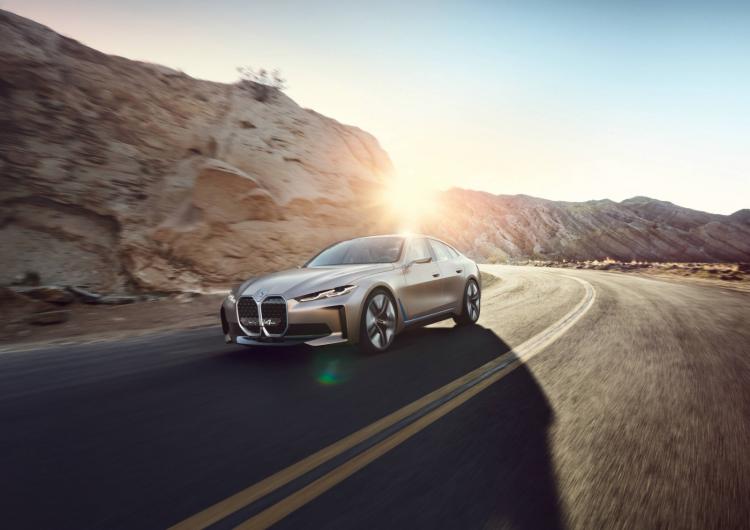
By 2023, the BMW Group’s new energy product line will expand to 25 models, more than half of which will be pure electric models. The key to achieving this goal is a highly flexible production system enabling an intelligent vehicle architecture compatible with various powertrains such as pure electric, plug-in hybrid and internal combustion engines. The BMW Group can thus meet various market demands and empower customers to choose different drive forms. Demand for electric vehicles is expected to double by 2021 compared to 2019. The BMW Group predicts that the global new energy sales curve will show a clear upward trend by 2025, with an average annual growth rate of more than 30%.


